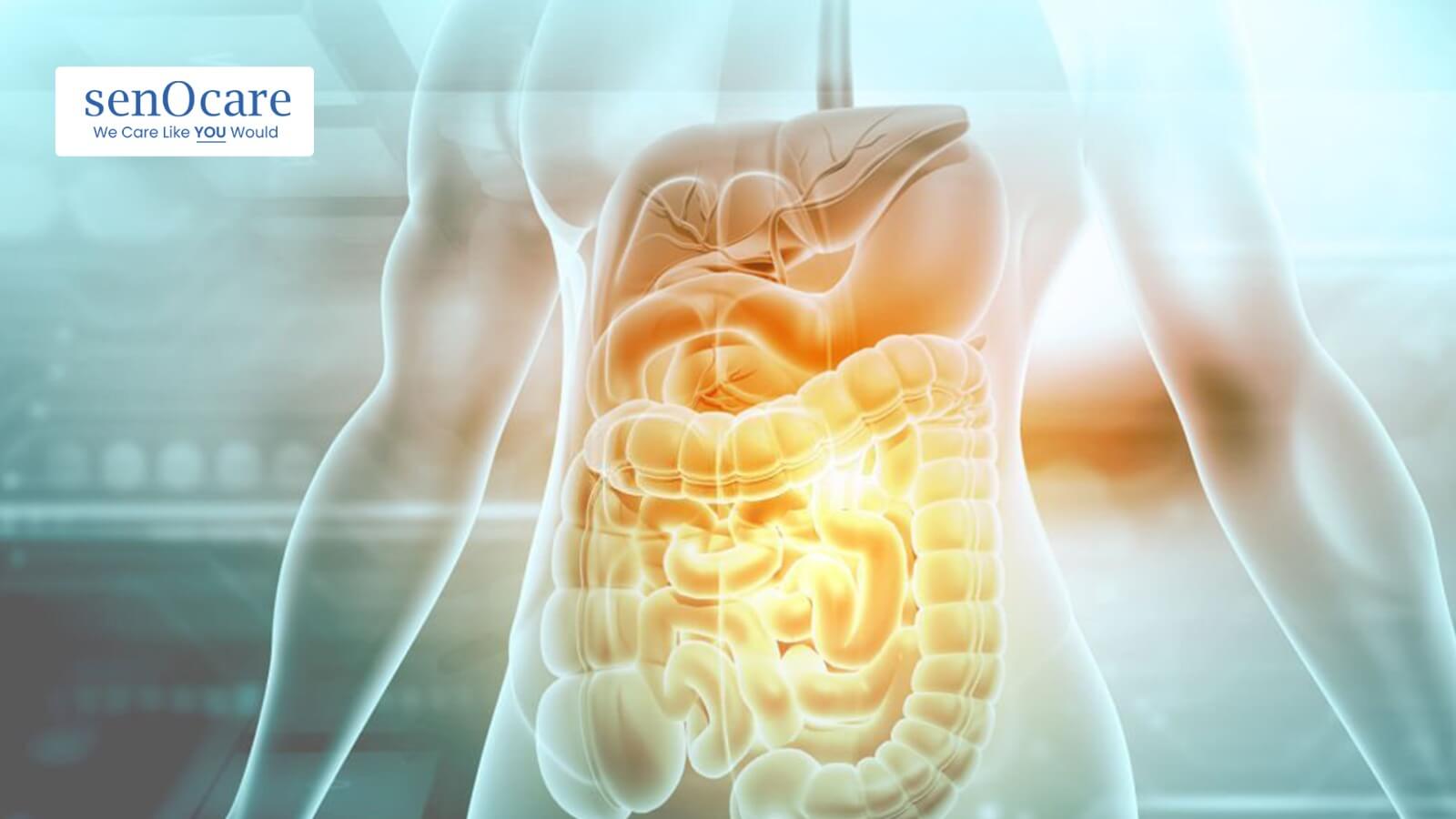Recognizing and Preventing Dehydration in Seniors
Dehydration is a critical concern, especially for older adults, who are more vulnerable due to changes in body composition and cognitive conditions. Age-related factors like reduced water content and impaired thirst sensation can exacerbate the risk. Medications, incontinence, and declining kidney function also contribute. Dehydration poses numerous health risks, such as kidney problems, cognitive impairment, falls, and weakened immunity. Major Problems Do Senior Citizens Experience

Signs of Dehydration:
Early signs are often mistaken for other conditions. Caregivers should watch for:
- Fatigue
- Dry mouth
- Muscle cramps
- Dizziness
- Dark urine, infrequent urination
- Sunken eyes and dry skin
Dehydration symptoms vary, but maintaining adequate fluid intake is vital.
Preventing Dehydration:
Consult a healthcare professional to determine daily water needs based on medications and health status. Gradually work toward the recommended amount. Ensure accessible fluids for those with physical limitations. Monitor intake and understand preferences—warm or cold fluids, straws, or lids. Offer alternatives like watered-down juices or flavored water (citrus slices or mint leaves). Note that coffee and tea don't count toward hydration. Hydrating foods like soups, melons, tomatoes, and yogurt help. Address incontinence issues under medical guidance.
For independent seniors, set water reminders on their phones. Opt for frequent small sips over large quantities. Limit nighttime intake to prevent disruptions. Engage loved ones and caregivers to emphasize the significance of hydration.
At Senocare, we provide health insights to enhance elders' well-being. Our information is rooted in unbiased research by the Senocare team. It isn't a substitute for medical advice—consult your physician for accurate guidance.
To explore our home care services in India, contact our caregiving team at 8800700100.
OUR SERVICES:
Eldercare
Nursing Care
Doctor on Home Visit
Vaccination at Home
Doctor Teleconsultation
Physiotherapy Home Service
Dementia
Critical Care at Home